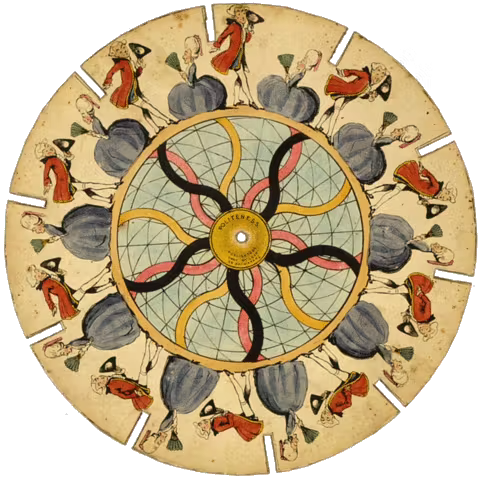Unusual states
I attended a silent meditation retreat led by two Buddhist nuns, both Westerners. The nuns’ path to monastic life was, at the very least, unusual. Schisms abound in Buddhism, and some branches do not recognize females as nuns viz a viz their male monastic counterparts. The nuns left one such monastery and took their practice and monastic vows elsewhere. To me and many others, the nuns are legitimate and real, but not to other practitioners of meditation and Buddhism. The challenge to them is that the nuns shouldn’t exist and yet…the nuns do.
Unusual states come in many shapes. In science, they are observable yet irreproducible phenomena. (Sleeping beauties)
In speculative capitalism, they show up as price volatility and the temporal asymmetry between cost and value, or common sense. Recessions and hyper-inflationary periods are unusual, so are civil wars.
At a human and individually-embodied scale, unusual states can be most subtle, confusing and paradoxical. We learn to not believe our own thoughts.
Or they are outright challenging. Mental health can throw us into states of enstrangement with ourselves and our loved ones.
Software for unusual states, for liminal zones. Software like the resistance band I’m using to train my nerves and tissues to do what they are capable of without the need of the resistance band.
An unusual state is temporary and carries its own context. It is often, but not necessarily, a departure from the defaults it starkly contrasts. An usual state, too, is difficult to understand with pure reason alone.
And although they might come and go unexpectedly, we may familiarize ourselves with them and learn to operate within them. The existence of unusual states can be normalized without being accepted or understood.
Importantly, unusual states are not unnatural. They are a leaky abstraction. They arise from our expectations and reality’s deviations from those expectations.
Traveling to a foreign place, particularly one with a foreign-to-you language, is the preternatural softcore reckoning with unusual states. At home, we get to live rather smoothly without the need for interpretations. Abroad, we are living and interpreting at the same time. We may not understand why things are done this way or that, but the reality that this is how they are done here is inescapable. Our openness and ability to parse the legible cultural markers determines our experience.
